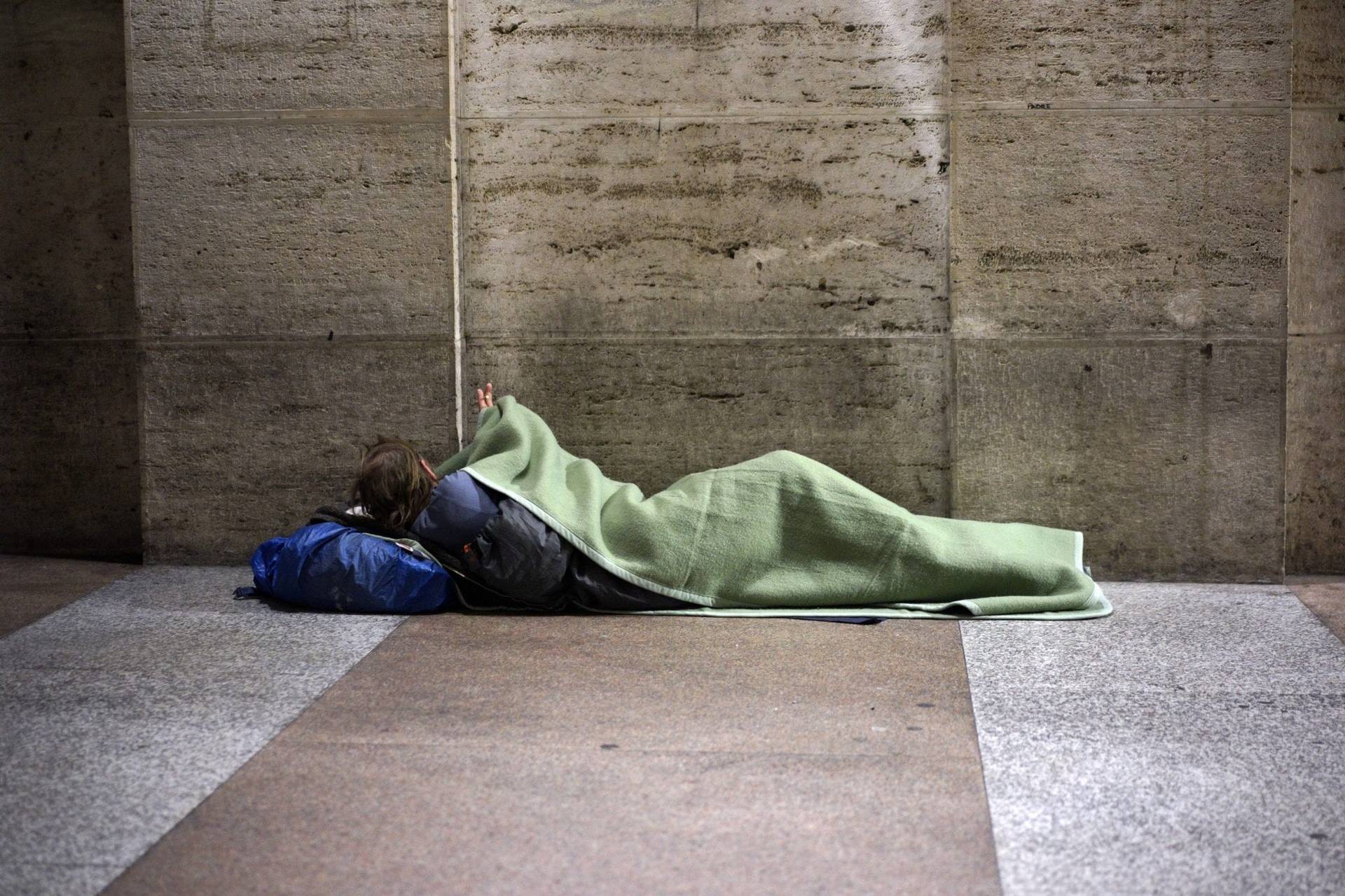ROME – In a webinar on child protection, a top Catholic expert warned that the risks of online child sexual abuse or exploitation has increased significantly during the coronavirus pandemic, yet attention to the issue has faded.
“I believe honestly that safeguarding and safeguarding minors in the Church, in the States, in the (other) countries, has suffered a severe blow in terms of public attention and in terms of public funding and other funding,” German Jesuit Father Hans Zollner said June 18.
Speaking to more than 300 people representing religious orders and Catholic institutions during a webinar on “Safeguarding online in times of lockdown,” Zollner said natural disasters, war, health crises and economic instability combined with the coronavirus pandemic might make it harder to double down on safeguarding efforts.
“It may be very difficult for society and the Church to focus on the safeguarding of minors, because there are such pressing needs, there are such heavy burdens on people that they think safeguarding minors is an extra and you cannot afford to think about that because we need to survive first,” he said.
“Yes, that is true, the need to survive is first, but there is also the need to respect and protect the dignity of all people, especially the most vulnerable,” he said, urging participants to “stick together to bring safeguarding up the ladder of priorities.”
Zollner said he believes this will be a difficult task not only because of the current pandemic and its aftermath, but also because “this is such a challenging and such a nasty topic, that people don’t want to engage or commit easily to it.”
“It needs all of our decision, which means we will continue this journey, even in the face of reluctance to take it on again,” he said.
Head of the Pontifical Gregorian University’s Center for Child Protection (CCP) and a member of the Pontifical Commission for the Protection of Minors (PCPM), Zollner was the second speaker in a series of webinars on child protection during the coronavirus sponsored by the CCP, the PCPM, the International Union of Superiors General, and the Italian Telefono Azzuro child help line.
During his address, Zollner highlighted the risks of the online activity both in normal situations and during coronavirus lockdowns and offered several tips on how to respond to the challenges that might come up in a quarantine setting.
Calling the internet a “great opportunity” with limitless potential, he said the coronavirus can serve as a catalyst for positive growth and development, but cautioned that there are also major concerns in terms of the physical, sexual, psychological, educational, relational and spiritual impact of online activity.
These concerns are valid for everyone, but above all young people, he said, highlighting problems of loneliness and feelings of isolation or abandonment as a result of lockdown requirements, especially among so-called “digital natives,” young people who have grown up surrounded by technology.
Zoller highlighted risks that young people who are constantly plugged in might face at any time, such as easy access explicit sexual material involving children, including video and images that are shared and viewed thousands or even millions of times.
This is “a new form of trauma that did not exist before the onset of the digital world,” he said, insisting that it is different than abuse done in person.
Child pornography, including digitally drawn and produced images, are also more easily obtained, and the door is open wider for online grooming, ‘sexting’ and cyber-bullying, he said, insisting that the same dangers are present not only for children, but also vulnerable adults.
Zollner said there is a particular “scourge” in countries such as the Philippines, where poverty is rampant and parents will often sell their children to be used in sexually explicit videos, or to be abused live over a webcam livestream, which viewers pay to have access to.
According to the Internet Watch Foundation’s numbers for the United Kingdom, the average age of abused children is between 7-13 years old, with 90 percent being girls. Content varies from indecent images of children to non-penetrative sexual activity to rape between adults and children.
Zollner said the lockdown has made the risk of online abuse skyrocket.
In the UK, there were nine million attempts to view child pornography websites in April alone, he said. In Denmark, the number of attempts to access child abuse material tripled under lockdown. In Spain, reports of online child sex videos have increased by 20 percent since March, and in Australia, downloading of abusive imagery involving children shot up by 86 percent in the three weeks after their lockdown began March 21.
The Center for Missing and Exploited Children in the United States registered an increase of 106 percent in reports of suspected child sexual abuse in March alone, he said.
Zollner pointed to several factors that contribute to the risk, including the fact that since children are not in school, they are often spending far more time alone and unsupervised in front of screens. Parents trying to balance childcare, homeschooling and work are often less attentive to their children’s activities, and the inability to travel is increasing the likelihood that abuse is carried out at home.
Help lines and reporting services have also been disrupted, and the lack of distractions means offenders are more likely to act on their impulses, he said, warning that survivors who might cope well under normal circumstances could be unexpectedly impacted by stories of sexual violence which trigger memories of their own abuse.
Under lockdown, “People are concerned for their health and their money, and this is true for all levels of society and all kinds of government institutions, and therefore there is a higher likelihood that safeguarding is relegated down the list of priorities,” he said.
Zollner highlighted several action points for parents and guardians, as well as those working in schools to help prevent abuse.
These tips include the use of software tools monitoring children’s activities, creating device-free areas of the house, ensuring privacy settings are on for all devices, and participating in the shows and games that children want to watch or play.
Zollner also stressed the importance of creating a support system in which teachers are still in contact with students, meaning children have someone to confide in if something is happening at home, as well as families who might be struggling. He encouraged the teaching of proper online behavior in the classroom.
In terms of what the Catholic Church can do, Zollner said it has “a unique possibility,” given its vast global network.
“It’s in a unique position,” Zollner said. “Unfortunately, we don’t make good use of it because we are so little connected, and we don’t believe in the possibilities we have.”
He warned about careful monitoring even among Catholic institutions, religious orders and formation houses, recalling one story of a seminary in Asia he stayed at where he was told that the house internet had been cut because the seminarians were watching pornography, but they were still accessing it on their phones.
In terms of the future, Zollner said he believes the problem of online abuse will become more serious, especially in the post-pandemic world.
“Many people say that because of the pandemic, because of the necessity to work more online and be online more, in schools, in universities, in whatever work setting, in all probability the digital world will acquire an even bigger importance and will have an even bigger share of our time and our energy spent in front of screens,” he said, noting that this will be true for society as a whole, including priests and religious.
A major concern Zollner said he has going forward is finding a common way to educate young people, in schools, universities and even religious formation, “on the proper use of the internet.”
“These are the major concerns: we need to realize that this is something that has acquired a huge importance in our lives, and it cannot be let go like nobody is caring for it,” he said.
“We need to really develop some ethical attitudes and understanding of what to do when we interact with people on the internet, what are the risks, and how can I protect myself and other people from being abused.”
Follow Elise Ann Allen on Twitter: @eliseannallen














